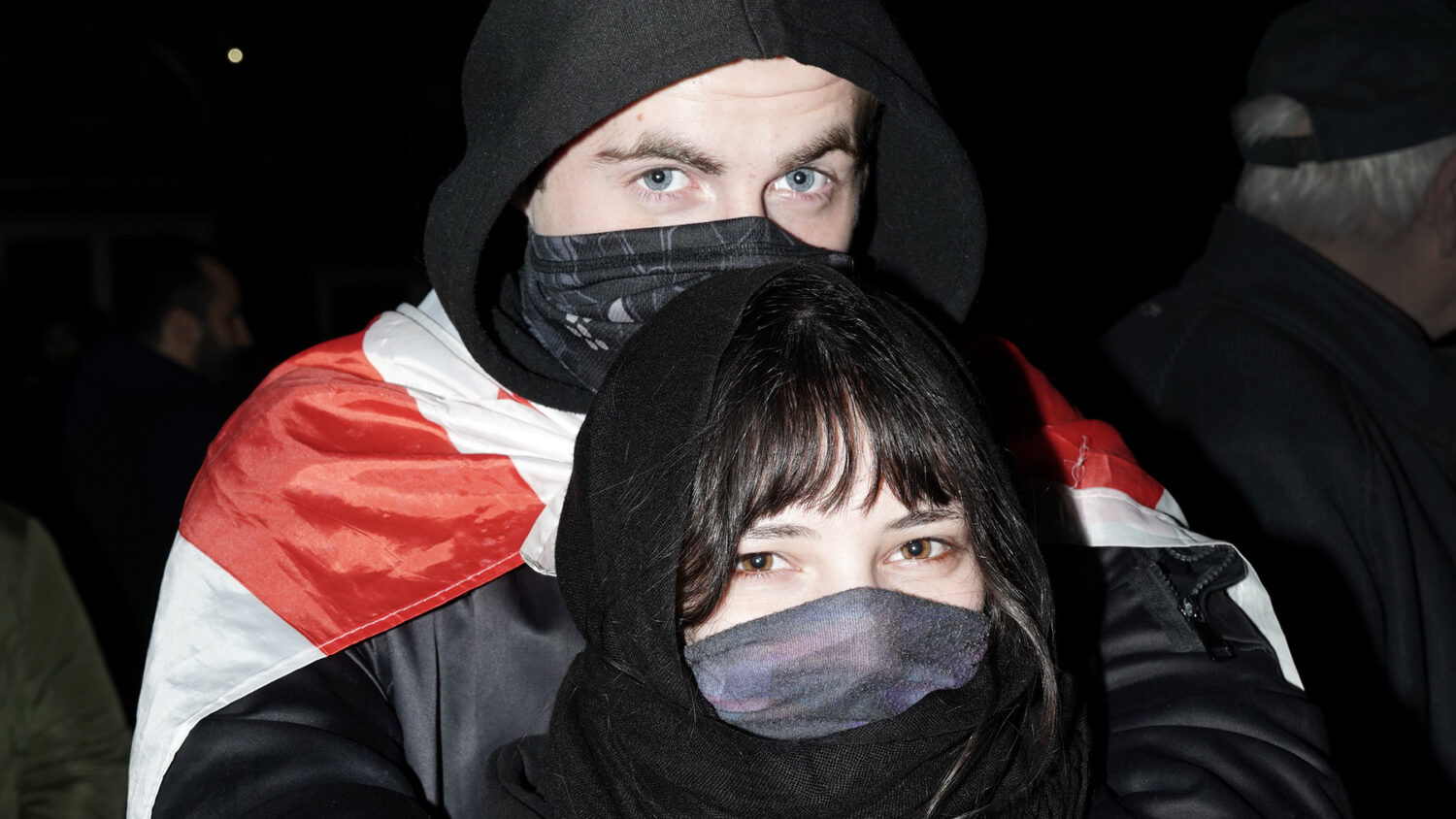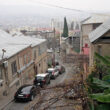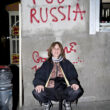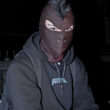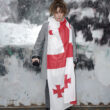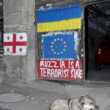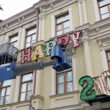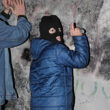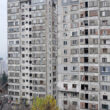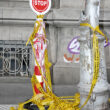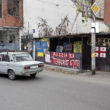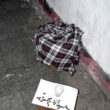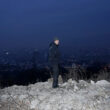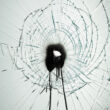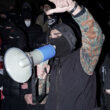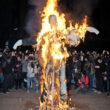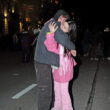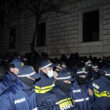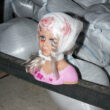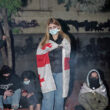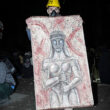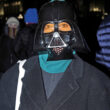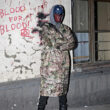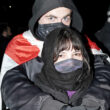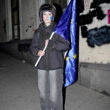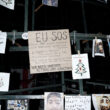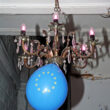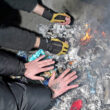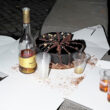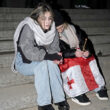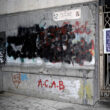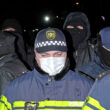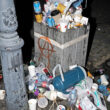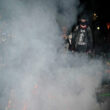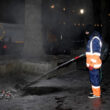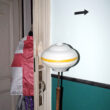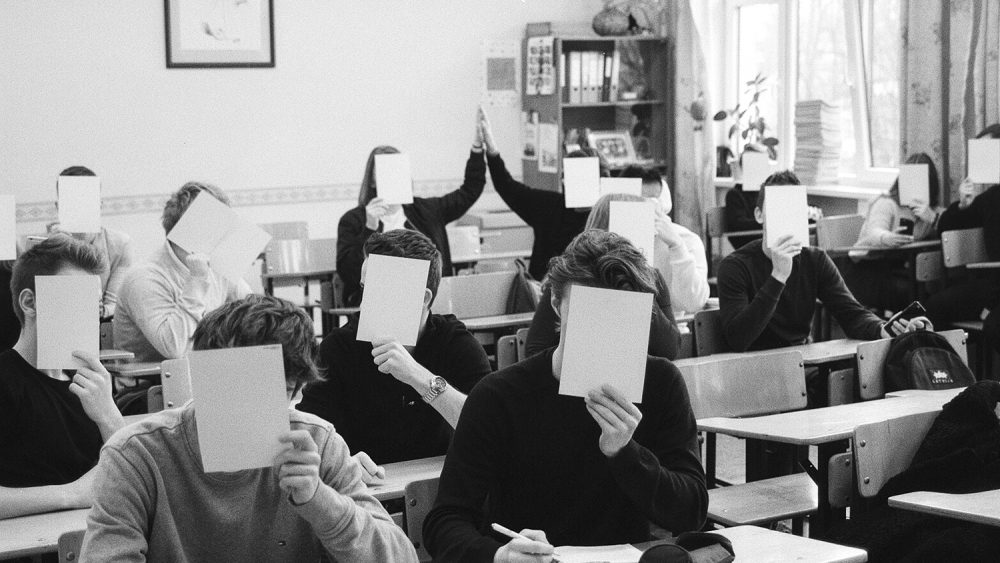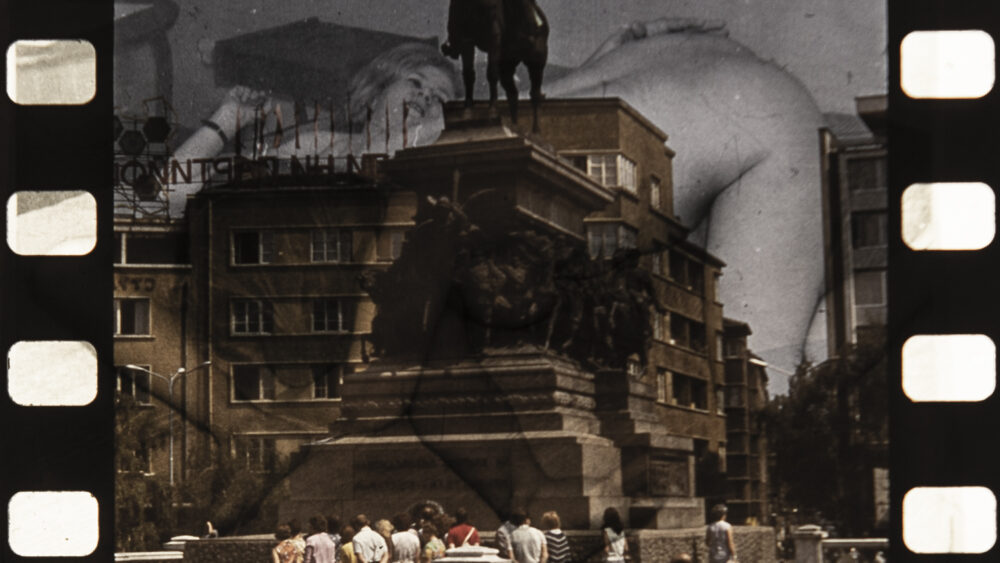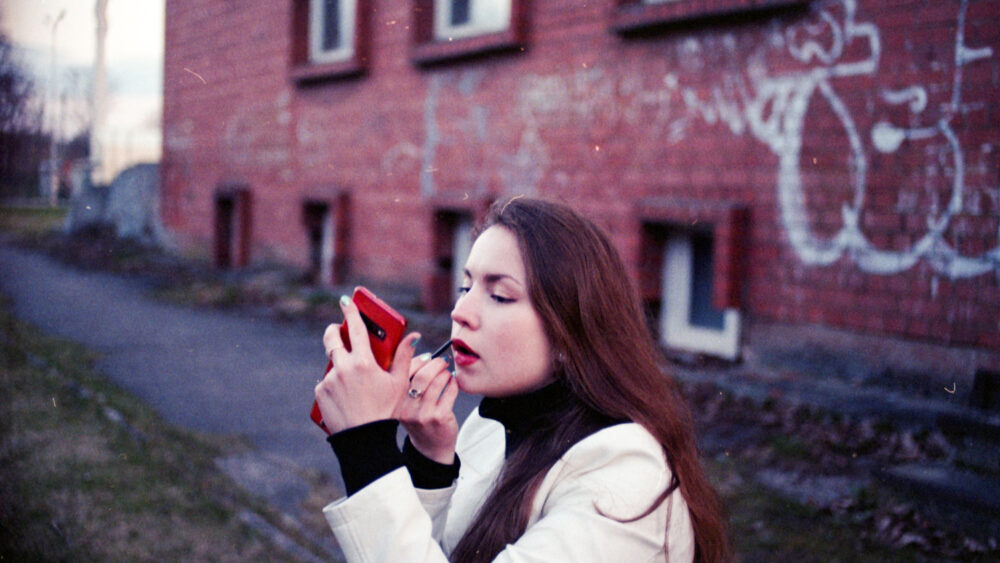From the Georgian Dream to Despair: During the Tbilisi Protests
When I arrived in Tbilisi, the protests had already been ongoing for more than a week, and the initial police violence involving tear gas and water cannons had subsided. The protests in Georgia began on 28th November, after the parliament rejected further integration with the European Union—a decision many perceived as a step towards closer ties with Russia. Among the protesters, young people dominate; they envision their future aligned with European values, not Russian ones. In Tbilisi, there is a palpable love for Europe, one that feels even stronger than in Latvia or other EU countries. Everywhere you look, there are EU flags, graffiti, and posters expressing a desire for European belonging.
During the day, the streets of Tbilisi appear calm, with graffiti being the only visible reminder of the protests. Each morning, street cleaners attempt to cover them with black paint. Interestingly, the phrase “ACAB” often remains untouched—they simply don’t know what it means (“All Cops Are Bastards”). At night, tens of thousands gather on Rustaveli Avenue. Although clashes with the police have ceased, the protests remain lively but relatively peaceful. Some strike the metal barriers surrounding the parliament building, others warm themselves by bonfires, and from time to time something symbolic occurs—an effigy is burned, or slogans are shouted.
The atmosphere is both defiant and hopeful, yet tinged with sadness and despair. The Georgian government’s actions—manipulating election results, rejecting European integration, and installing a puppet president—have driven many further away from Georgia’s dream of Europe. Protesters see this as a betrayal of their country’s future.
Arnis Balčus is a photographer from Riga, Latvia. In most of his photographic work, he examines Latvian identity, historical taboos, and socio-political agendas. He received a master’s degree in photography from the University of Westminster and has exhibited in Riga, London, Berlin, Hamburg, Copenhagen, and other cities. He has also published several photo books, including Victory Park (2016, BraveBooks), Myself, Friends, Lovers and Others (2020, Dienacht), The Future Belongs to Future People (2021, Kultkom), and most recently, The Scene (2024, Kultkom). In recent years, he has documented various marginal groups, such as the antivax movement in Latvia, the punk subculture, and non-binary youth. He is also the Editor-in-Chief of FK Magazine.
